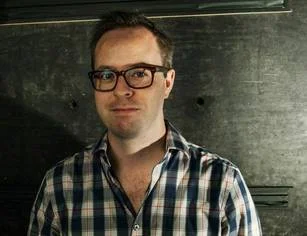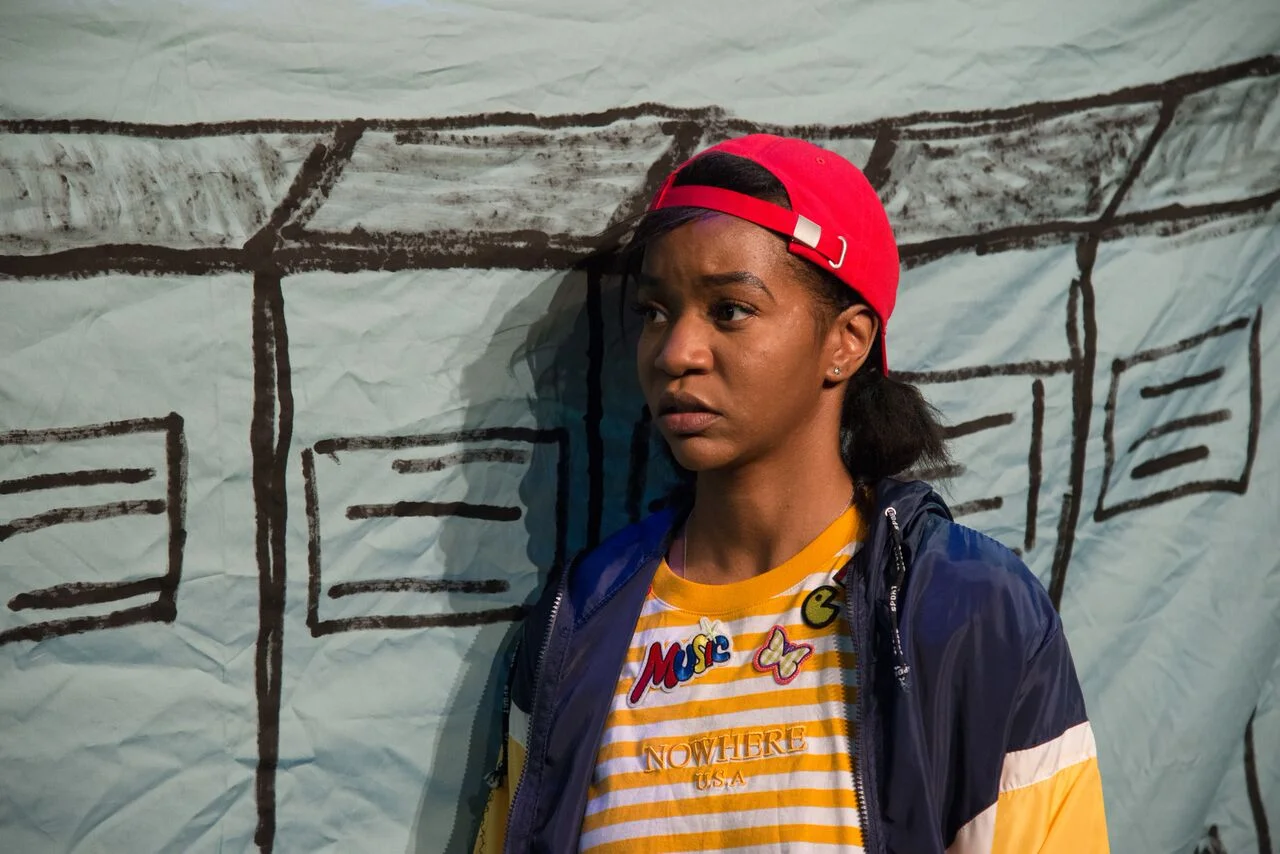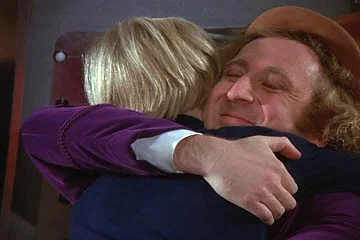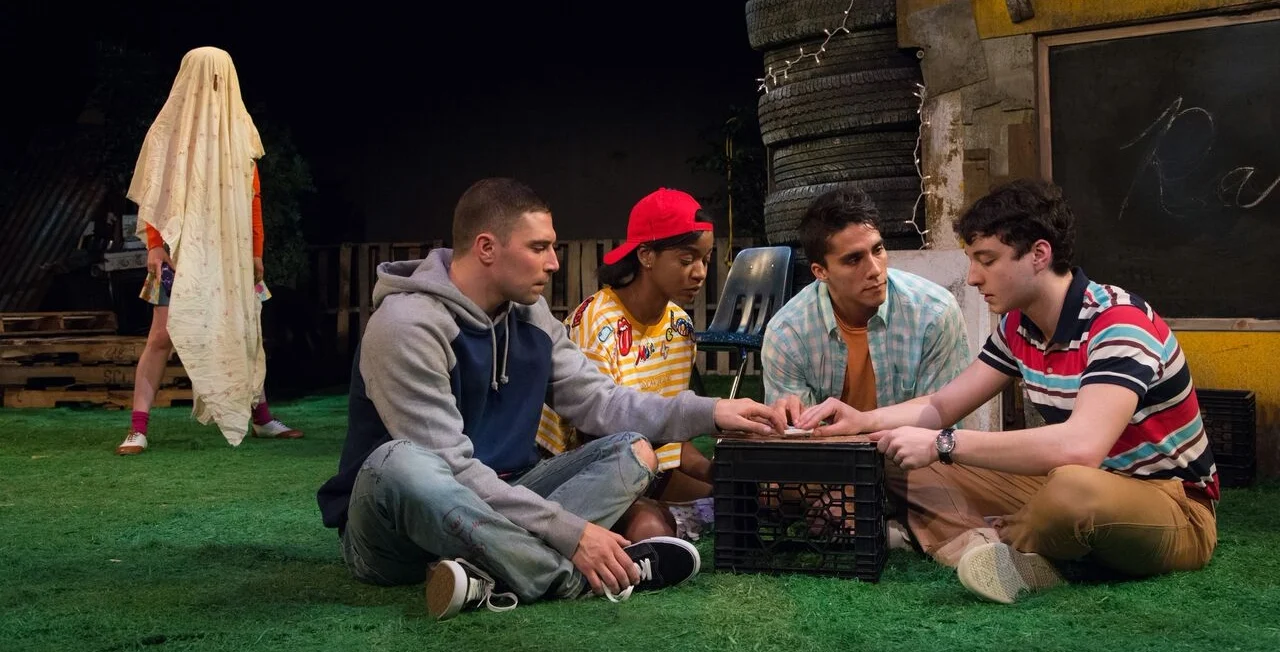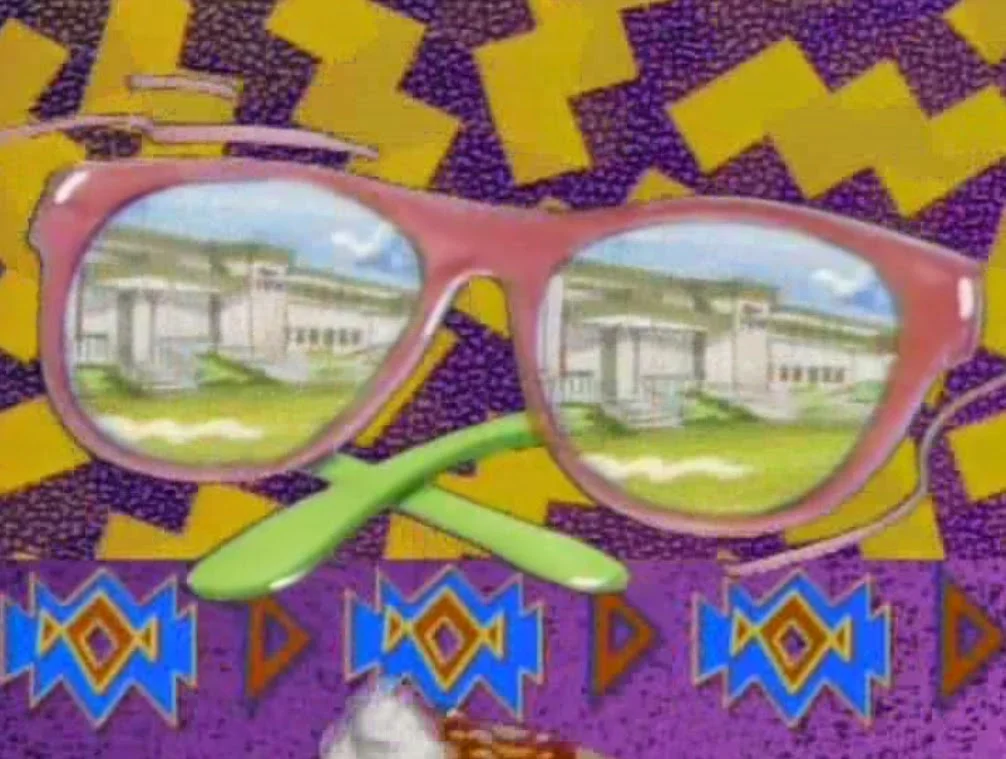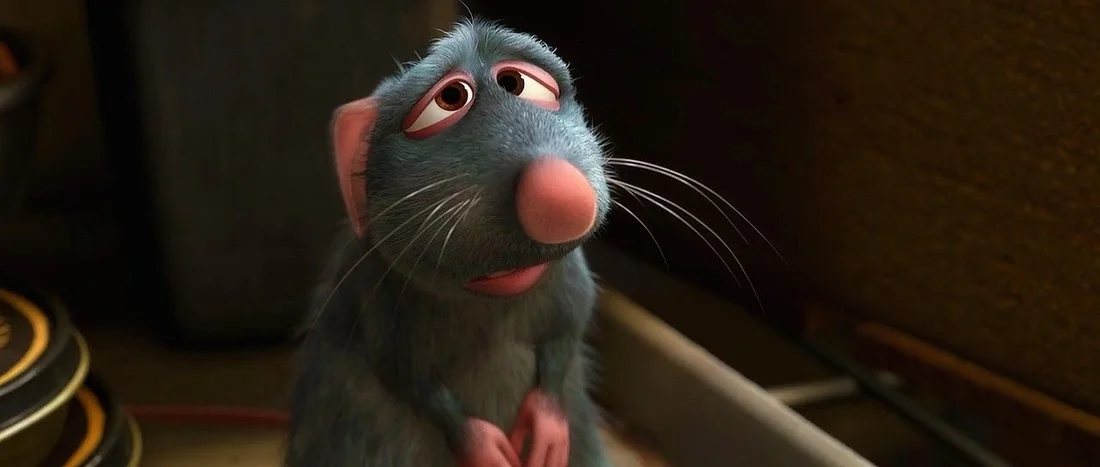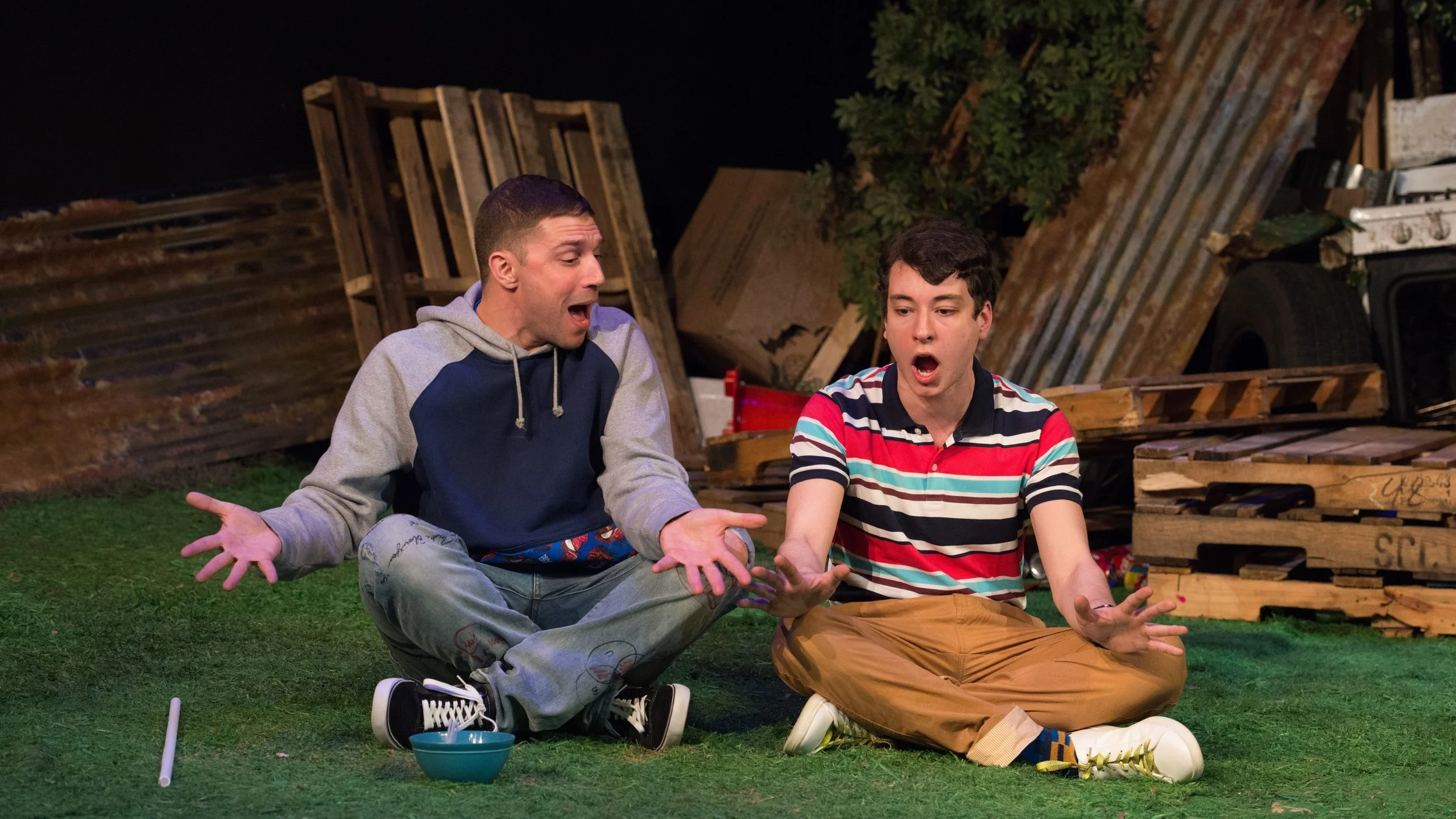Willy Wonka, Haunted Mazes, and Never Being Kissed: A Chat with YETI Playwright David Jacobi
Previews for READY STEADY YETI GO started Wednesday, and tomorrow is Opening Night. With this exciting production in full swing, I asked some questions of the Philadelphia playwright David Jacobi, whose brightly unique and quirky script first introduced us to the world of YETI. Ready?...steady...Yeti!
...GO.
One of the things I like about YETI is that this terribly serious issue is seen through the eyes of kids, so the discourse they have is very different from what we might’ve heard before between adults. Have you written from an unexpected perspective like this before? What does it add to or change about a story, script, or the writing process?
I tend to write predominately with heightened language. I think kids have the market cornered on heightened, turbulent, bombastic language. What I love about writing in the voice of a kid is that it allows me to create moments that are felt more than understood. As a somewhat well-functioning adult, I find that when I'm faced with a conflict I have so many tools at my disposal. Experience, contextualizing, rationalization, etc. I love being able to think my way through rough times, but I miss the time in my life when I only had my heart to guide me, and I dealt with any problem by crashing myself full on into it. This play is 95% heart and 5% brain, and I wouldn't want it any other way.
How does your own racial identity affect the way you write about race issues such as the ones in YETI? Do you feel a different kind of responsibility, or restraints?
Kishia Nixon as Carly. (Photo by Johanna Austin)
One of the biggest lies ever told to writers is "Write What You Know." I think it's important to write stuff that you're curious about. However, you have a responsibility to adhere to truth and authenticity when it comes to something like race. As a white cis male playwright telling a story about the only black girl in school, I knew that I couldn't just wing it. I'm not ashamed to say that during the four year process of developing this play, I had to throw out a lot of material that just didn't ring true. Luckily, I had great collaborators who shared their experiences with me. Every actor who has played Carly (Jasmine St. Clair, Zuri Adele, Brett Robinson, Catrina Smith, Kishia Nixon) has helped me shape the character into something that I'd never be able to write on my own.
Are you a crier, and if so, what’s the first piece of theatre you remember crying at?
"He lived happily ever after."
I don't remember ever crying from any piece of theatre. Instead, I'll give you a list of things that made me cry when I was 12:
The Pigman by Paul Zindel, any commercial that had to do with a father and his son, the end of Splash, the end of Willy Wonka and the Chocolate Factory, getting beat up by my twin sister, cutting my finger while washing dishes, persistent thoughts of never being kissed, and losing my glasses.
This is a question I asked the cast and crew as well: The frame of this show is these kids, preteens, performing a story. Did you put on any performances at that age, for friends or family? What kinds of stories did you tell, and how?
When I was ten, I converted a row of half-dead bushes into a haunted house/hedge maze thing. It wasn’t really a maze, though; you had to pretty much climb through dry branches to get to the other side. I wrote short, spooky poems and stuck them in random places. When someone went through the bushes, I was situated above them, making creepy sound effects and dropping bricks near where they were crawling. It wasn’t the safest thing in the world.
The gang dabbles in the dark arts with a Ouija board. (Photo by Johanna Austin)
I was at YETI’s first rehearsal and we did some interesting exercises to engage with your play, so I’m gonna ask you to share some of your responses. What did being 12 years old look, taste, smell, sound, and feel like for you?
12 years old looked like the opening to Saved by the Bell.
12 years old tasted like sugary candy with sour goo inside.
12 years old smelled like farts, because people have been farting since day one.
12 years old sounded like when your heart beats so fast you hear thumping in your ears.
12 years old felt like a bruise on your knee that never really goes away because you keep roughhousing.
What’s the first thing you remember writing?
A short story about a kid who was shrunk down to four inches due to a lab accident. I remember a lot of fun trying to imagine how all a kid's belongings could be repurposed for a tiny person. One day I went to the nurse (because I was one of those kids who had a stomach like a wet paper bag), and when I came back to class, the teacher was halfway through reading the story out loud. Everyone was laughing, but in that (rare) good way.
Cats, dogs, or rats?
Wow. Okay. Clearly David did not read my Pay What You Decide blog post.
Dogs, but I'm not opposed to cats. Rats don't want or need my love.
Are you working on anything else at the moment?
As I type this, I am at the Colorado New Play Summit, working on my Denver Center commission, The Couches, which tells the real-life story of Ethan Couch, the "affluenza" kid. I take liberties with the truth, and turn it into a surreal nightmare comedy.
And we look forward to seeing it! Thanks to David for taking the time, and congrats on a great opening week for YETI. The show runs until March 11.
Frank Nardi Jr. and Adam Howard (Photo by Johanna Austin)

